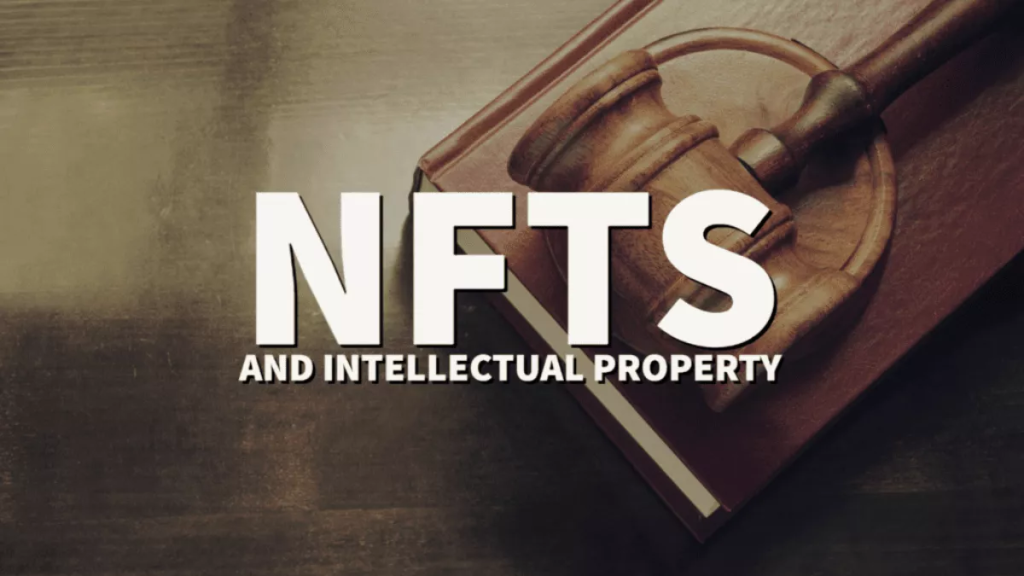
As the use of non-fungible tokens (NFTs) has exploded in popularity, so too have the legal questions surrounding them. From issues of ownership and copyright to trademark and licensing, the legal landscape of NFTs is complex and constantly evolving. In this post, we’ll explore some of the key legal issues surrounding NFTs and offer tips for creators and buyers to help them navigate this complex area.
Ownership
One of the key legal issues surrounding NFTs is ownership. When you purchase an NFT, what exactly are you buying? Is it just the digital asset itself, or do you also have ownership of the underlying intellectual property (IP)? The answer to this question depends on the terms of the sale and the specific nature of the NFT.
In some cases, purchasing an NFT may give you ownership of both the digital asset and the underlying IP. This would be similar to purchasing a physical artwork – you would own both the physical painting and the copyright to the image. However, in other cases, the NFT may only grant you a license to use the digital asset, rather than ownership of the IP itself.
It’s important for creators and buyers of NFTs to be clear about the terms of ownership and to ensure that they have the necessary rights to use and sell the NFT as they intend.
Copyright
Copyright is another important legal issue to consider when it comes to NFTs. Under copyright law, the creator of an original work has the exclusive right to reproduce, distribute, and create derivative works based on that work. This includes the right to sell or license the work to others.
When it comes to NFTs, there may be questions about who owns the copyright to the digital asset being sold. In some cases, the creator of the asset may retain the copyright, while in others, the copyright may be transferred to the buyer as part of the NFT purchase. It’s important for both creators and buyers to be aware of the copyright status of an NFT and to ensure that they have the necessary rights to use and sell the asset.
Trademark
Trademark law is also relevant to NFTs in certain cases. Trademarks are used to identify the source of a product or service and to distinguish it from the products or services of others. If you create and sell NFTs featuring a trademarked image or brand, you may need to obtain permission from the trademark owner to do so. Similarly, if you purchase an NFT featuring a trademarked image or brand, you may be restricted in how you can use and display the NFT.
Licensing
Licensing is another legal issue that may arise in the context of NFTs. In some cases, an NFT may be licensed to the buyer, rather than sold outright. This means that the buyer has the right to use the NFT, but does not own the underlying IP.
It’s important for both creators and buyers to be aware of the terms of any license associated with an NFT, as these terms will govern how the NFT can be used and displayed.
Tips for Creators and Buyers
With all of these legal issues to consider, it can be overwhelming for creators and buyers of NFTs to navigate the legal landscape. None of this is legal advice in any way. Please consult a lawyer if you’re unsure of any legalities re: NFTs or regional nuance, that being said: here are a few tips to help:
For creators:
- Clearly define the terms of ownership: Make sure to specify whether you are selling the NFT outright or licensing it to the buyer, and whether the sale includes the underlying intellectual property (IP).
- Obtain necessary rights and permissions: If your NFT includes images, music, or other content that you did not create, make sure you have the necessary rights and permissions to include this content in your NFT.
- Protect your IP: Consider registering your copyrights and trademarks to help protect your IP and prevent others from using it without permission.
- Use clear and concise terms and conditions: Use a well-written terms and conditions document to clearly spell out the terms of the sale and any restrictions on the use of the NFT.
For buyers:
- Understand the terms of ownership: Make sure you know whether you are buying the NFT outright or just obtaining a license to use it, and whether the sale includes the underlying IP.
- Research the creator: Before purchasing an NFT, do some research on the creator to ensure that they have the necessary rights and permissions to sell the NFT.
- Read the terms and conditions: Be sure to carefully read and understand the terms and conditions of the sale before purchasing an NFT.
- Protect your investment: Consider registering your copyrights and trademarks to help protect your IP and prevent others from using it without permission.
- Understand the risks: As with any investment, there are risks involved with buying NFTs. Make sure you understand the potential risks and are comfortable with them before making a purchase.
Source NFT Culture

